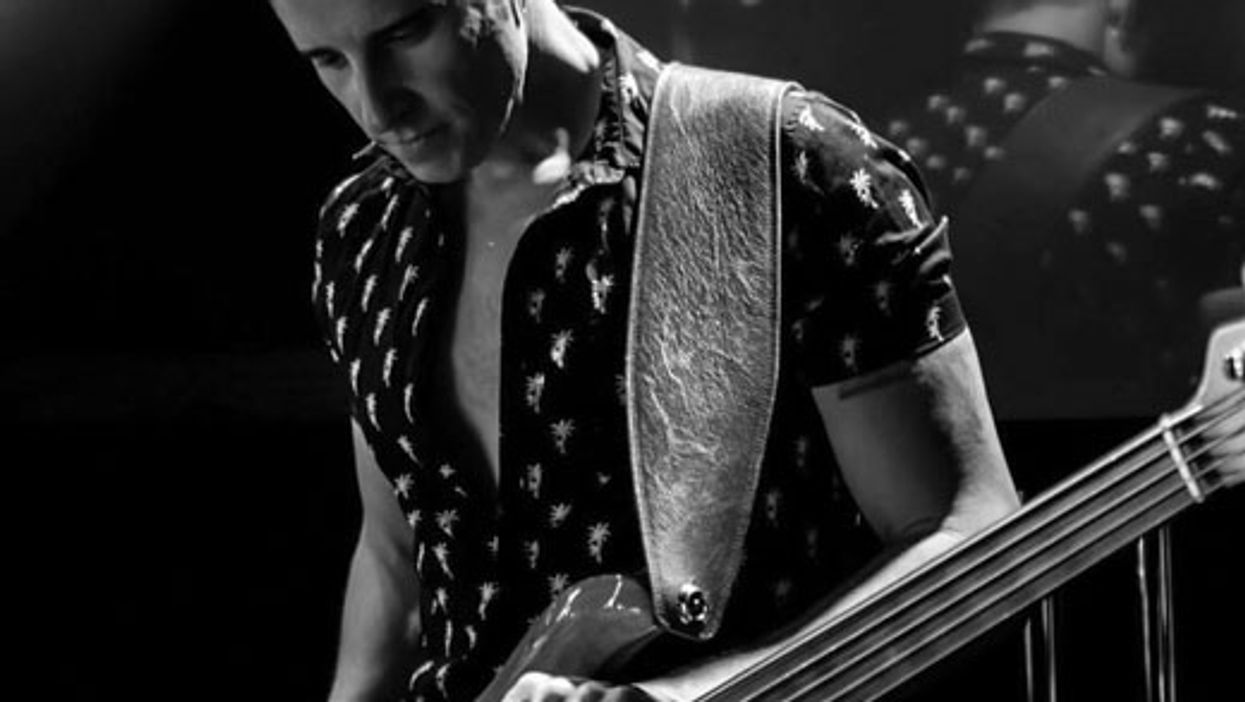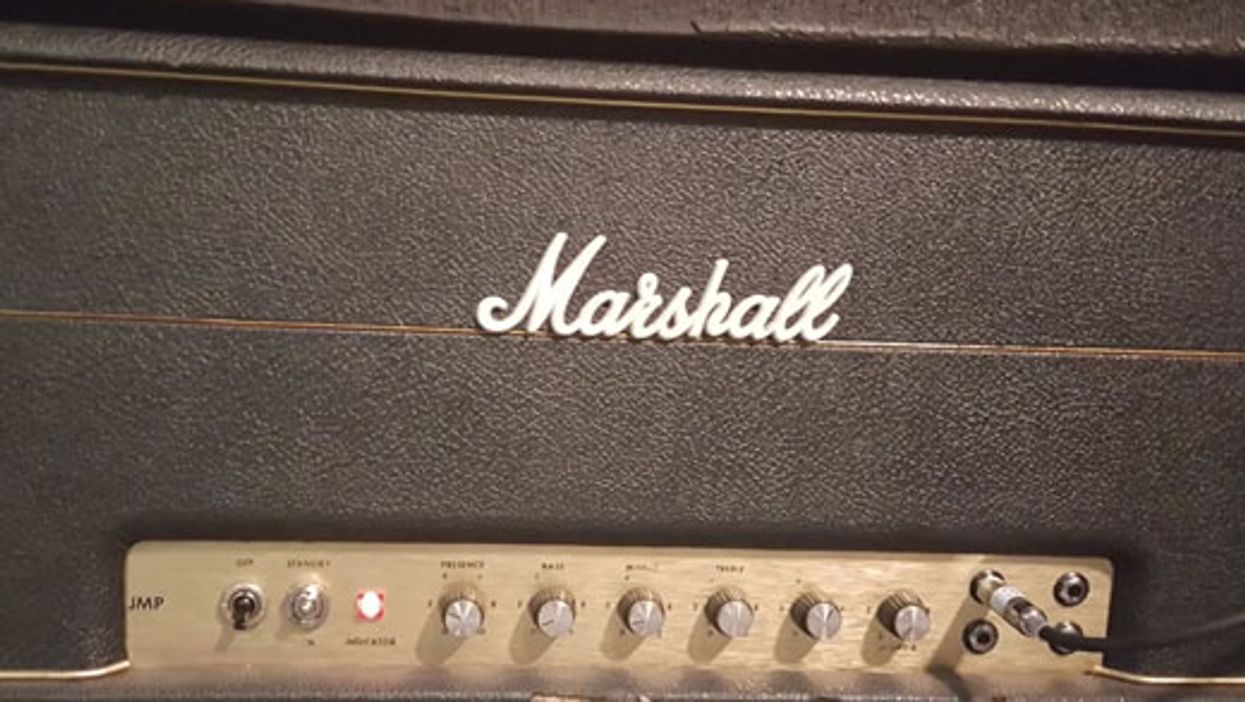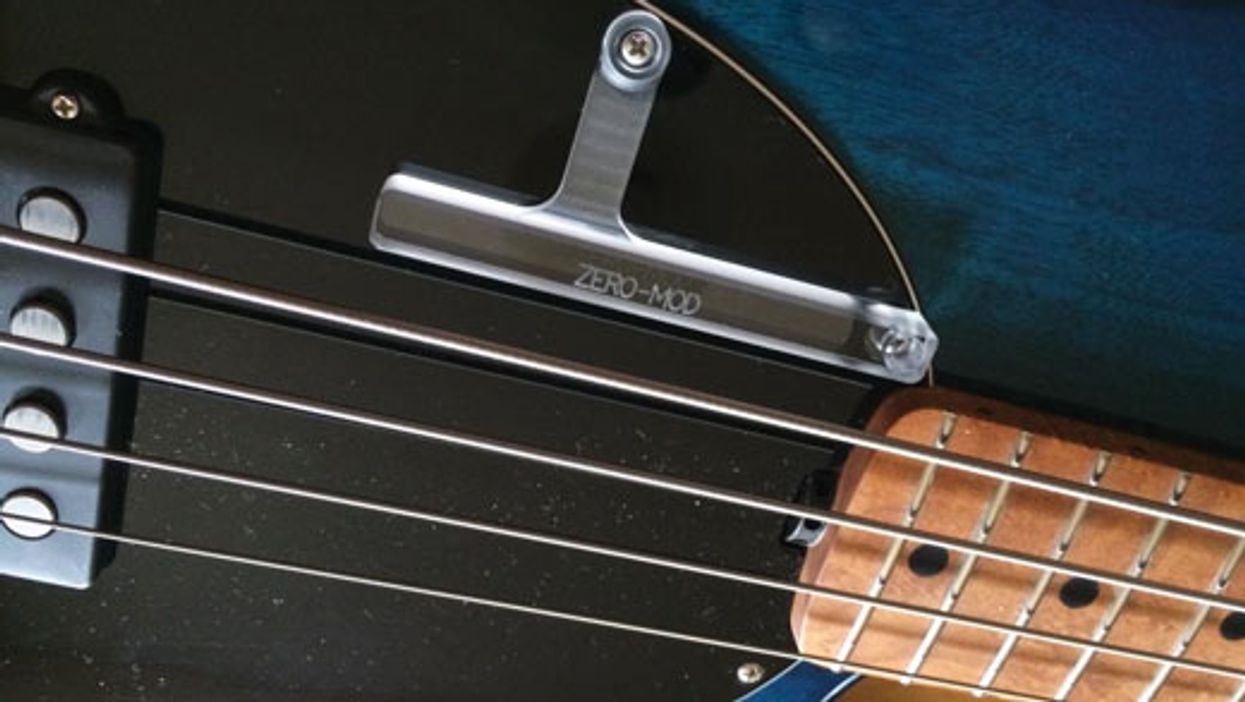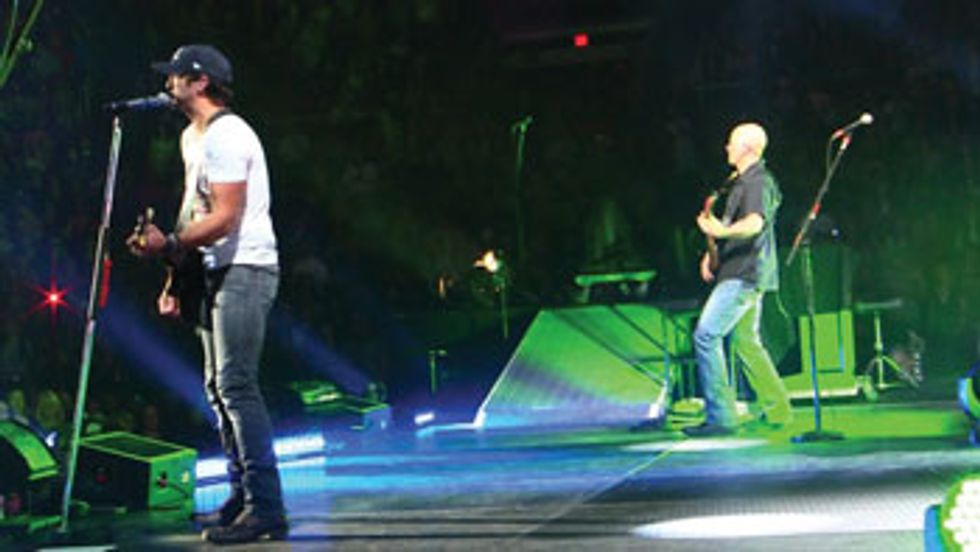
No rehearsal? The show must go on. Yours truly rocking out with Luke Bryan.
A few months back, I received a call completely out of the blue. It was the musical director for country artist Luke Bryan, wanting to know if I could fill in for a few shows on the Jason Aldean tour. Their bass player needed some time off for a family emergency, and the bus would be rolling out Thursday. This call came in on a Tuesday, and he told me he would let me know later that evening if I were needed. Well, the confirmation came at 10:30 that night, and I was faced with 60 minutes of music to learn. No charts on stage also meant I’d have to act like I’d been there for a while. This kind of call is actually not that uncommon in Nashville. If you have ever wondered about the process—or want to be ready for this situation—please read on.
How did I get here?
My history with the Luke Bryan camp goes
back to 2008, when he was just starting
out and was the first opener on the Dierks
Bentley tour. I was playing with the second
opening band, and when a tour lasts three
to four months, it’s hard not to get to know
your tour mates. There is more to a gig than
music: Because you’re on the road all the
time, you also have to be a decent “hang.”
Living quarters on a tour bus are very tight,
so everyone has to be cool.
Wait, how many songs are there?
The work tape I received was actually just a
board tape from a show the previous week.
The bass was tough to pick out, and I found
myself having to A/B the reference tape with
YouTube videos to get a handle on what
the bass was doing. I really don’t like using
charts, because having my nose buried in the
floor won’t make for an interesting show. The
argument of “right notes versus stage presence”
is valid, but to me, only the stationary
guys—keys, steel guitar, and drums—should
use charts. It’s up to the other players to give
the best show possible, and yes, hit all the
right notes. That means homework.
Where’s bus call?
There’s a long list of questions you should
ask when you get that call to sub. Where the
bus (or flight) is being met is good to start
with. Before you get on the bus, you’ll need
to find out what gear you need (are you
using his gear or your own?), and if the band
uses in-ears (IEMs) or wedges for monitors.
If they are using in-ears, you’ll need to bring
your own molds. Before getting on that bus,
you should certainly ask what you’re being
paid. This is show business after all!
Other important questions relate to the actual show. Do you stand in one place, is there anything in particular you have to wear, and are there any cues you should know about? When you get a 30-foot cryo (smoke) plume firing between your legs when you least expect it, you can see how small details can sometimes be overlooked. And yes, that happened to me on the first night.
I arrived at bus call and introduced myself to everyone. Since this bus call was late at night, I pretty much went to bed while listening to the previous week’s show. The next day, I spent a lot of time running through the show with a headphone amp. Later, I found out we wouldn’t be getting a soundcheck. So now it’s two hours until 12,000 people file in, and no rehearsal. I did, however, get a couple of minutes to dial in the bass rig to my liking. I didn’t have my usual molds with me, so I decided then and there that I would have an identical set made for situations like this. That way, I could keep a set with the production manager for my regular gig and travel with the other. All said, the show went very well—with the exception of the aforementioned smoke—but I still spent the next three days listening and practicing the show.
Did that just happen?
Let’s fast-forward to the third show (of three)
in the run. With just 10 minutes before we
were supposed to hit the stage, the bass tech
finds me and tells me he broke a string while
tuning my bass. I told him it wasn’t a problem
and that we could just put another on
from his workbox, even if the gauges were
different. But as it turned out, somehow the
capstan in the machine head had sheared
off, so there was no chance of restringing. I
quickly grabbed the other bass normally used
for Luke’s show. But now I was cooking in
someone else’s kitchen, and I wasn’t really sure
what I would hear without time to dial anything
in. It turns out the sellout crowd didn’t
care. Again, it’s our job to make it work.
The Final Word
There are a few things to always remember
when you play on someone else’s stage. The
first rule of thumb: It’s not your gig. You are
there to help out and not settle yourself into
something that’s not yours. Second, don’t get
too crazy musically unless asked to do so.
Play your notes, lay down the groove, and
everything else will fall into place. Being a sub
can be a nerve-racking, musically challenging
task, but the rewards are more than money
and good catering. There is great pride to be
had when nailing a show on short notice, and
by demonstrating that piece of mind you’re
more likely to get calls in the future.
 Steve Cook is currently
fortifying himself
in the back of a tour
bus, awaiting the low-end
revolution. He can
be reached at info@shinybass.com until the
coast is clear.
Steve Cook is currently
fortifying himself
in the back of a tour
bus, awaiting the low-end
revolution. He can
be reached at info@shinybass.com until the
coast is clear.






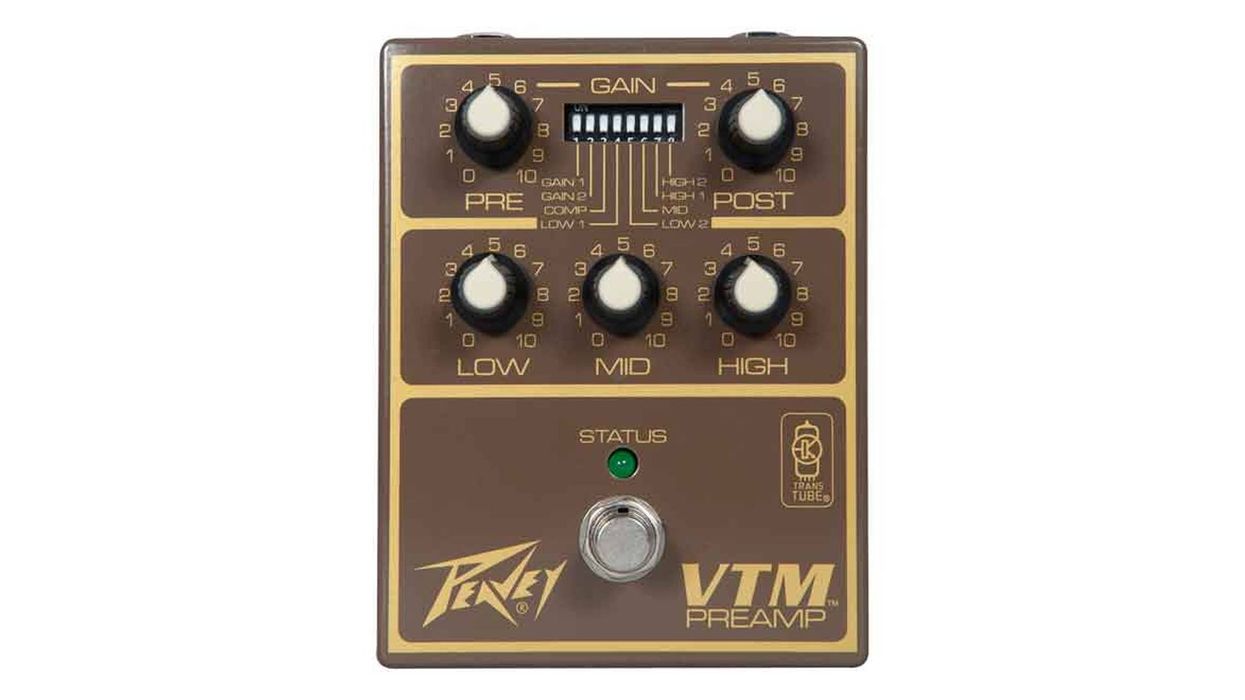


![Rig Rundown: AFI [2025]](https://www.premierguitar.com/media-library/youtube.jpg?id=62064741&width=1245&height=700&quality=70&coordinates=0%2C0%2C0%2C0)


